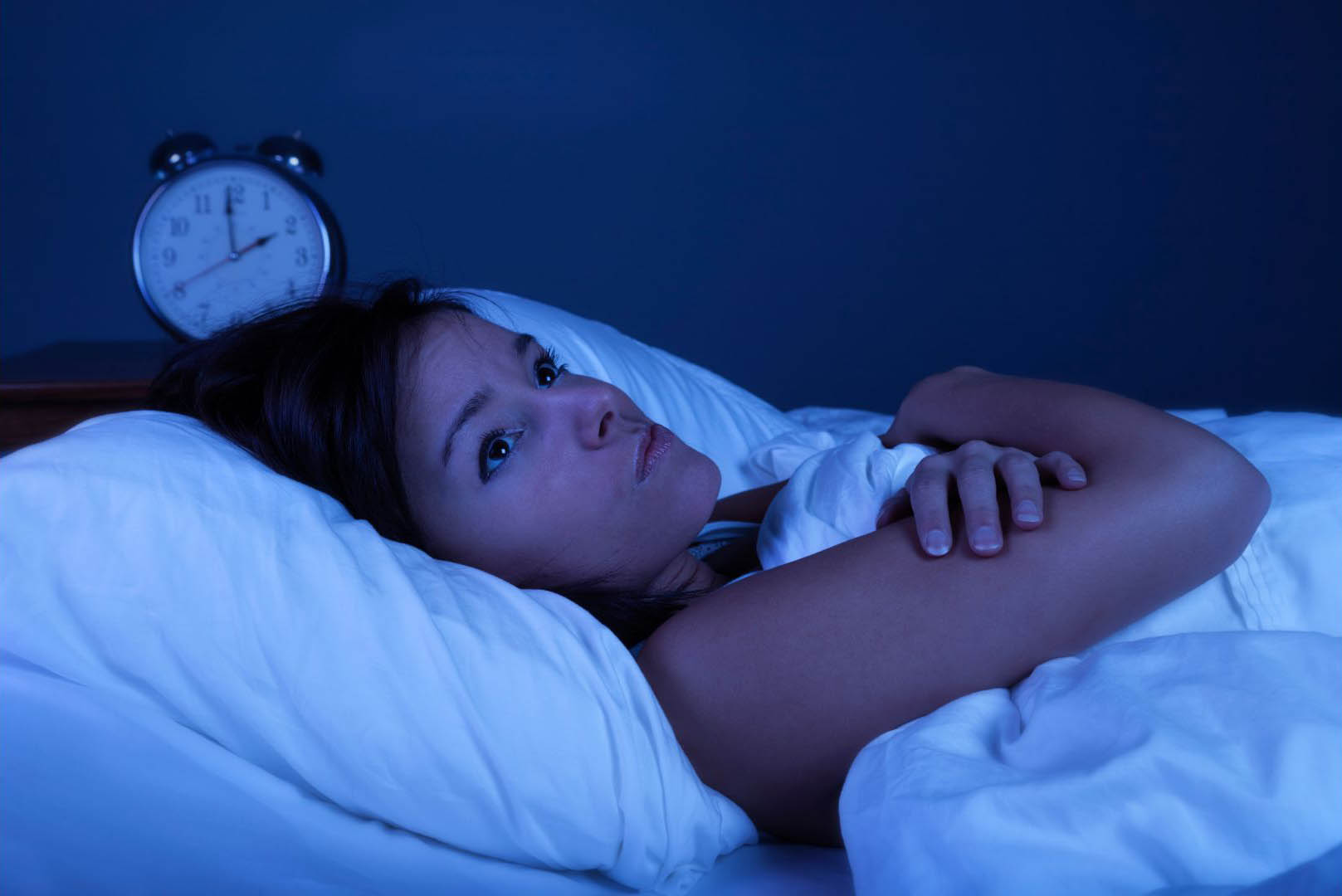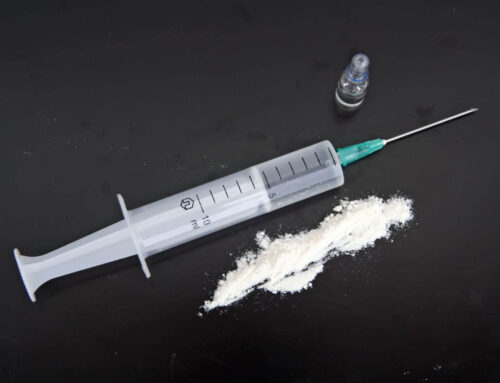
Psychiatric Consultation: Insomnia and Other Sleep Disorders
Description of Clinical Symptoms
Sleep disorders encompass a wide range of conditions that disrupt the quality, duration, and structure of sleep. The most common disorders include insomnia, hypersomnia, narcolepsy, sleep apnea, circadian rhythm disorders, and parasomnias.
Insomnia
Insomnia is the most prevalent sleep disorder and is characterized by the following symptoms:
- Difficulty falling asleep (taking more than 30 minutes).
- Frequent nighttime awakenings with difficulty falling back asleep.
- Early morning awakening with a feeling of fatigue and exhaustion.
- Daytime drowsiness, fatigue, decreased concentration, and irritability.
Insomnia symptoms are categorized as:
- Acute (short-term) – lasting a few weeks, often triggered by stress.
- Chronic – persisting for over three months and occurring at least three times a week.
Other Sleep Disorders
- Sleep Apnea – Episodes of breathing cessation during sleep, accompanied by snoring and choking sensations. Symptoms include daytime drowsiness, morning headaches, and difficulty concentrating.
- Hypersomnia – Excessive daytime sleepiness despite adequate nighttime sleep.
- Narcolepsy – Sudden sleep attacks during the day, often accompanied by cataplexy (sudden loss of muscle tone).
- Circadian Rhythm Disorders – Disruption of biological clocks, such as in shift work or delayed sleep phase syndrome.
- Parasomnias – Abnormal behaviors during sleep, such as sleepwalking, nightmares, and sleep talking.
Each of these disorders significantly impacts physical and mental health, causing a notable decline in quality of life.
Prevalence
Sleep disorders affect all age groups and represent a global public health challenge. According to the World Health Organization (WHO):
- Insomnia affects approximately 10-15% of adults chronically and up to 30-40% acutely.
- Sleep apnea occurs in 2-4% of the population, primarily in men over 40 with excess weight.
- Narcolepsy affects about 0.05% of people, though it is often underdiagnosed.
- Parasomnias and circadian rhythm disorders are more common among children and adolescents.
The prevalence of sleep disorders is increasing due to higher stress levels, frequent use of gadgets before bedtime, and changes in lifestyle.
Risks and Predisposition to Disorders
The development of insomnia and other sleep disorders involves a multifactorial interplay of biological, psychological, and social aspects.
Biological Factors
- Genetic predisposition: A family history of sleep disorders increases the risk of insomnia and narcolepsy.
- Neurotransmitter imbalances: Irregularities in serotonin, melatonin, and adenosine affect sleep regulation.
- Chronic illnesses: Conditions like hypertension, diabetes, depression, arthritis, and respiratory diseases.
Psychological Factors
- Stress, anxiety, and depressive disorders.
- Obsessive-compulsive disorder, often accompanied by intrusive thoughts before sleep.
- Traumatic events (e.g., post-traumatic stress disorder).
Social and Behavioral Factors
- Irregular sleep schedules due to shift work or frequent travel.
- Excessive consumption of caffeine, nicotine, and alcohol.
- Use of gadgets before bedtime, disrupting melatonin production.
- Insufficient physical activity or excessive exercise before sleep.
Particularly at risk are individuals with high stress levels, shift workers, the elderly, and those with chronic illnesses.
Treatment Methods
Treating insomnia and other sleep disorders requires a personalized approach that combines pharmacological and psychotherapeutic methods.
Pharmacological Treatment
- Sleep medications:
- Benzodiazepines (e.g., diazepam, lorazepam) are effective for short-term use but can cause dependency.
- Non-benzodiazepine medications (e.g., zolpidem, zopiclone) have a milder side-effect profile.
- Antidepressants:
- SSRIs and tricyclic antidepressants (e.g., amitriptyline, trazodone) are used for insomnia associated with depression.
- Melatonin:
- Effective for circadian rhythm disorders and insomnia in older adults.
- CNS stimulants:
- Drugs like modafinil are used for narcolepsy to promote wakefulness during the day.
Psychotherapy
- Cognitive Behavioral Therapy for Insomnia (CBT-I):
- The gold standard for treating chronic insomnia, including:
- Identifying and changing maladaptive beliefs about sleep.
- Learning relaxation techniques and stress management.
- Establishing regular sleep schedules and practicing sleep hygiene.
- The gold standard for treating chronic insomnia, including:
- Exposure Therapy:
- Used for treating nightmares and PTSD.
- Behavioral Therapy:
- Effective for circadian rhythm disorders and parasomnias.
- Group Therapy and Psychoeducation:
- Teaching patients sleep principles and reducing pre-sleep anxiety.
The Role of the Psychiatrist
Psychiatrists play a pivotal role in diagnosing and treating insomnia and other sleep disorders, particularly when linked to mental health conditions. Key responsibilities include:
- Diagnosis:
- Conducting clinical interviews and using sleep assessment tools (e.g., Pittsburgh Sleep Quality Index, Epworth Sleepiness Scale).
- Referring patients for polysomnography to assess brain activity and sleep quality in severe cases.
- Developing an Individualized Treatment Plan:
- Prescribing medications and psychotherapeutic approaches tailored to the patient’s condition.
- Psychoeducation:
- Educating patients and their families about sleep hygiene principles and stress management.
- Monitoring Treatment:
- Regularly adjusting treatment plans to achieve the best outcomes.
Conclusion
Insomnia and other sleep disorders are prevalent and significant challenges in modern society, negatively impacting physical and mental health. Timely diagnosis and a comprehensive treatment approach, including pharmacotherapy and psychotherapy, enable effective management of these conditions.
Psychiatrists play a central role in diagnosing and coordinating treatment, helping patients restore healthy sleep and improve quality of life. Support from family and appropriate behavioral strategies are also crucial components of successful recovery.
Psychiatric Consultation: If you need to consult a psychiatrist or seek psychiatric help for insomnia or other sleep disorders, select a specialist and book an appointment. During the consultation, our psychiatrist will help identify the issue and find appropriate solutions.



